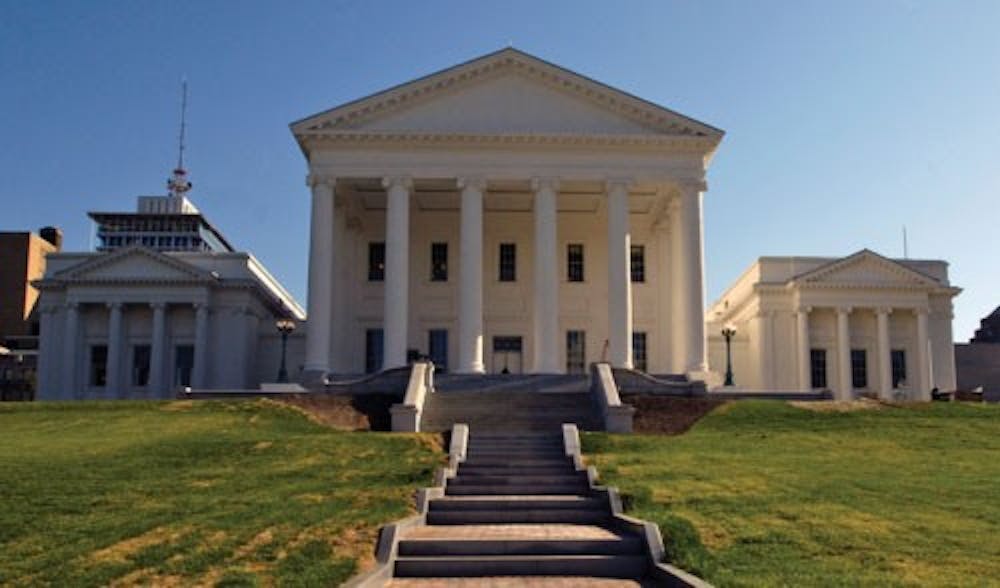A Virginia House of Delegates committee voted against a bill Thursday which would have raised the state minimum wage from $7.25 to $9.25 by 2015. Initially proposed by Sen. Dave Marsden, D-Centreville, the legislation cleared the state Senate the previous Tuesday.
The Senate split 20-20 along party lines, with Lt. Gov. Ralph Northam breaking the tie. Clark Mercer, Northam’s chief-of-staff, said Senate Democrats passed the bill because they believe raising the minimum wage is an essential step in addressing income inequality and helping low-income families.
“An increase in the minimum wage is a critical step to ensuring that all working Virginians can provide for their families in meaningful ways,” Mercer said in an email.
Matthew Moran, spokesperson for House speaker William Howell, said Republicans oppose the bill because an increase in the minimum wage would actually hurt those working at those rates.
“We felt that increasing the minimum wage would result in fewer positions for those who work minimum wage type jobs,” Moran said.
Moran said some Republicans are wary of the potential impact an increase in the minimum wage could have on state businesses, adding that it might hurt a still recovering economy.
Public opinion is inconsistent when it comes to minimum wage rates, Center for Politics spokesperson Geoffrey Skelley said.
“Polls on [increasing] the minimum wage are unclear,” he said. “[Although] people are generally more in favor than not … they have conflicting responses.”
Skelley said moderates tend not to be outspoken about the minimum wage issue, compared to Democrats and Republicans. As a result, it’s hard to judge how the bill’s defeat will affect the parties’ standings with swing voters.
Skelley said the national attention the minimum wage issue has received is evidence of how Democrats feel the issue plays with their electorate. President Barack Obama just last month called on Congress to increase the national minimum wage rate during the State of the Union address.
According to the U.S. Department of Labor, 21 states and the District of Columbia have chosen to adopt minimum wages above the federal rate by the start of the new year.







